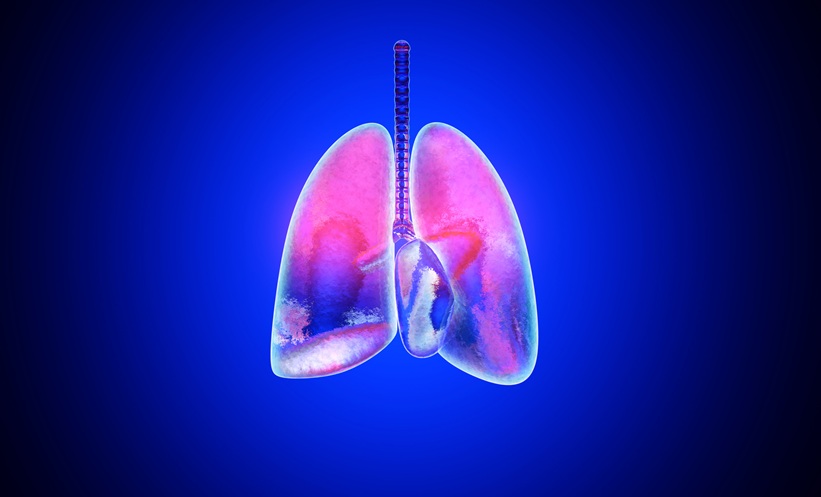A new study presented at the ACR Convergence 2025 has found that CAR-T cell therapy demonstrates strong and consistent signs of efficacy in systemic lupus erythematosus (SLE), with the majority of treated patients achieving deep remission and discontinuing all other immunosuppressive medications. The analysis represents one of the largest summaries of clinical outcomes to date and signals a potentially transformative shift in lupus treatment.
Compelling Clinical Responses Across Studies
Led by Alberto Nordmann-Gomes, a postdoctoral research fellow at the Columbia University Lupus Center, the review analysed data from 145 patients across 16 studies, drawn from nearly 5,000 screened publications. All patients had refractory, active SLE and had failed at least two prior immunosuppressive therapies. Most studies evaluated CD19-targeted CAR-T cell therapy, which is already established in the treatment of B-cell malignancies.
The pooled results revealed striking clinical benefits. Six months after treatment, the average SLEDAI score fell from 13.1 to 2.3, indicating dramatic disease improvement. In addition, 70% achieved DORIS remission, 89% reached low disease activity, and 84% were able to discontinue all other immunosuppressive therapy during follow-up.
Nordmann-Gomes noted that the rationale for using CAR-T cells in lupus stems from their ability to induce sustained B-cell depletion, similar to their role in oncology. “Given the central role B cells play in lupus pathogenesis, this approach offers a compelling therapeutic avenue,” he said.
Reassuring Safety Profile Compared with Oncology Settings
Safety outcomes from the pooled analysis were similarly encouraging. Cytokine release syndrome (CRS) occurred in 56% of patients but was overwhelmingly mild (Grades 1–2). Only one grade 3 CRS event was reported, and there were no grade 4 events, a notable contrast with oncology, where high-grade CRS is significantly more common.
Neurotoxicity (ICANS) was reported in only 3% of lupus patients, far lower than the nearly 27% observed in haematologic cancer populations receiving CAR-T therapy. These findings suggest that autoimmune indications may carry a substantially lower toxicity burden.
A Promising Future, but More Evidence Needed
Despite the impressive early signals, the authors emphasised that the field remains in its infancy. Larger, longer-term trials are required to determine the durability of response, ideal patient selection, predictors of non-response and how CAR-T cell therapy should be integrated into current treatment pathways.
Reference
Nordmann-Gomes A. CAR T-cell Therapy in SLE: A Systematic Review. Abstract 2693. ACR Convergence, 24-29 October, 2025.








